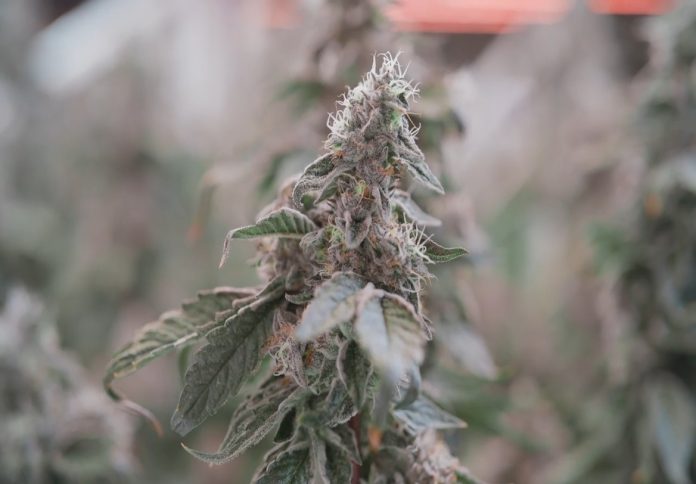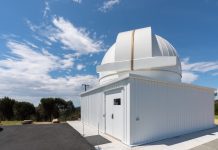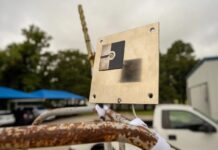
Australian-developed plant monitoring technology is set to be tested in space through an initiative led by the University of Southern Queensland (UniSQ) as part of the iLAuNCH Trailblazer program.
The project aims to demonstrate a key capability for sustainable plant-based food production, both in space and on Earth, as revealed in a media release.
The initiative, a collaboration with Axiom Space, the ARC Centre of Excellence in Plants for Space, and space laboratory company Yuri Gravity, will see a flight-ready plant growth chamber deployed to study plant development in microgravity.
The project builds on UniSQ’s expertise in terrestrial agriculture and is expected to advance machine vision technology for monitoring plant growth.
Darin Lovett, Executive Director of iLAuNCH Trailblazer, highlighted the importance of the initiative in progressing plant stress monitoring techniques.
“Our second collaboration with Axiom Space will focus on advancing a novel plant stress monitoring technique developed by the University of Southern Queensland by testing it in space,” Lovett said.
The research will integrate machine vision with a space-ready plant chamber to capture images and analyze plant biology in microgravity.
The technology is designed to detect early signs of plant stress, which could have applications in controlled environment agriculture (CEA) on Earth.
Australian agricultural business Medicinal Harvest is also involved in exploring the commercial potential of this technology for terrestrial farming.
UniSQ’s Centre for Agricultural Engineering has played a crucial role in developing these technologies. Associate Professor Cheryl McCarthy emphasized the significance of autonomous plant growth monitoring, particularly as global food security concerns grow.
“Controlled Environment Agriculture technologies are pivotal to addressing food security challenges posed by limited land availability and a growing global population,” she said.
The initiative builds upon previous research, including a UniSQ-led Australian Space Agency-funded project (2021–2022) that pioneered plant monitoring algorithms using machine vision.
The technology has since been refined through an autonomous agriculture consortium, Autonomous Agriculture for Space Exploration, led by UK-based Vertical Future with funding from the UK and Australian Space Agencies (2024–2025).
Key aspects of the project include demonstrating machine vision algorithms for plant health detection in space, utilising plant stress tolerance expertise from the University of Adelaide, and employing a flight-certified plant growth chamber from Yuri Gravity for both spaceflight and ground testing.
Medicinal Harvest Director Tracey Perez expressed enthusiasm for the collaboration, stating, “Collaborating with iLAuNCH and UniSQ, alongside esteemed industry partners, provides an incredible opportunity to trial predictive AI in our medicinal cannabis facility.”
“The insights gained from this facility have broad applications across controlled environment agriculture, as the core principle remains the same. At the end of the day, we are cultivating plants, and optimising their growth is key to the future of agriculture, both in space and on Earth,” Perez explained.
Axiom Space Chief Scientist Dr Lucie Low also affirmed the project’s significance. “Axiom Space is delighted to partner on this effort to advance global efforts toward agriculture in space that translate into benefits for every human, everywhere,” she said.




















